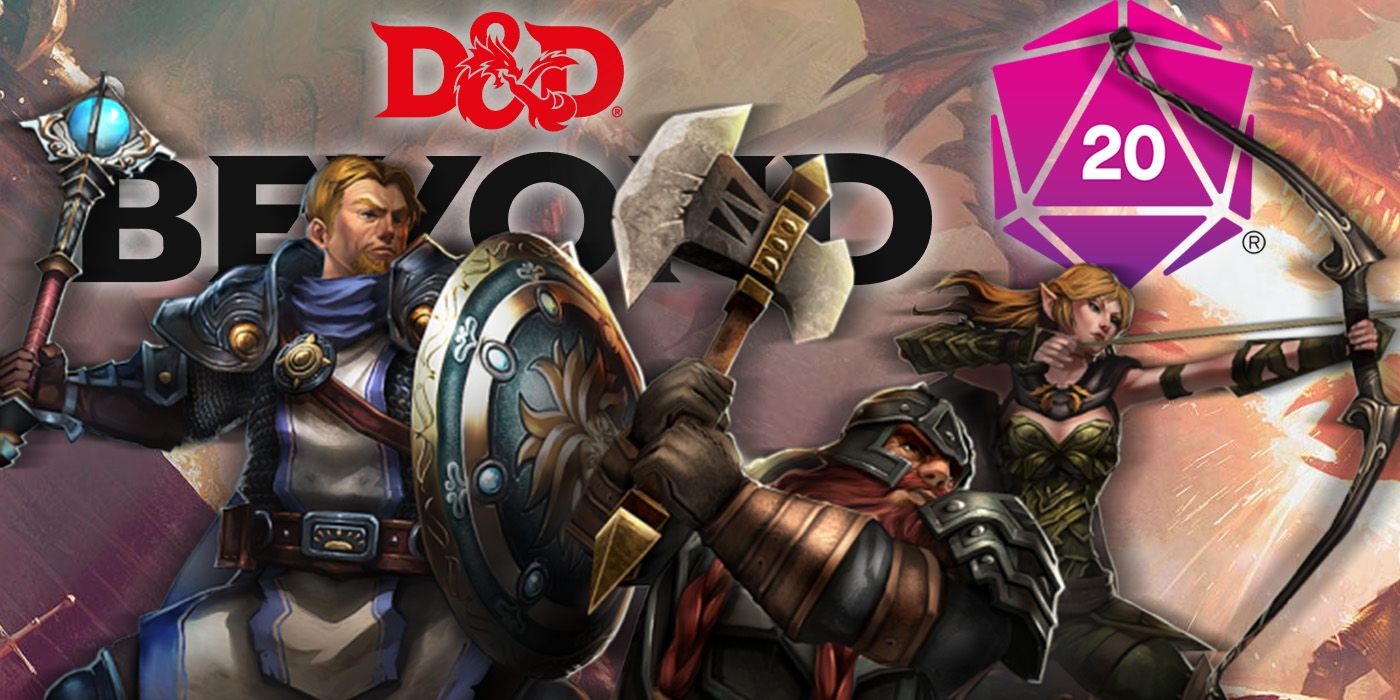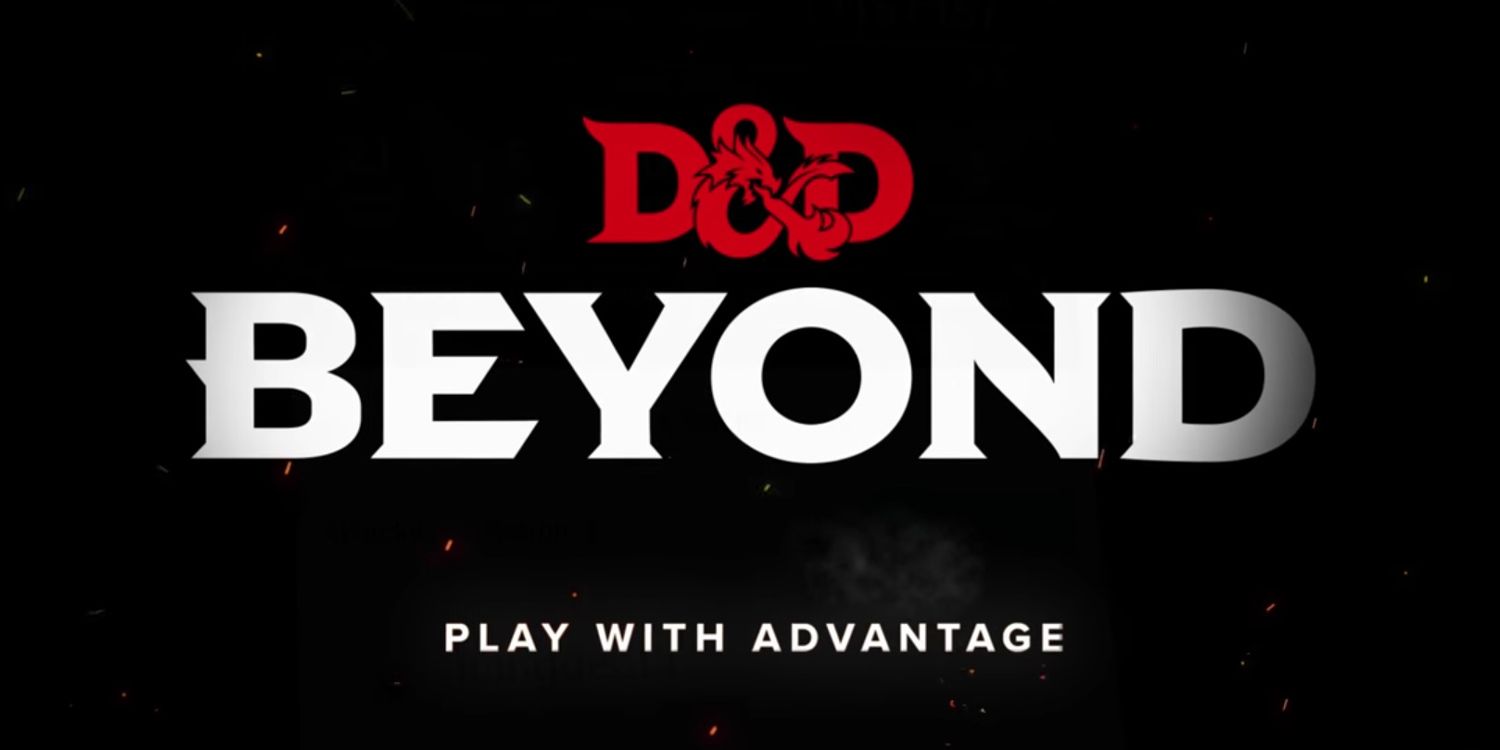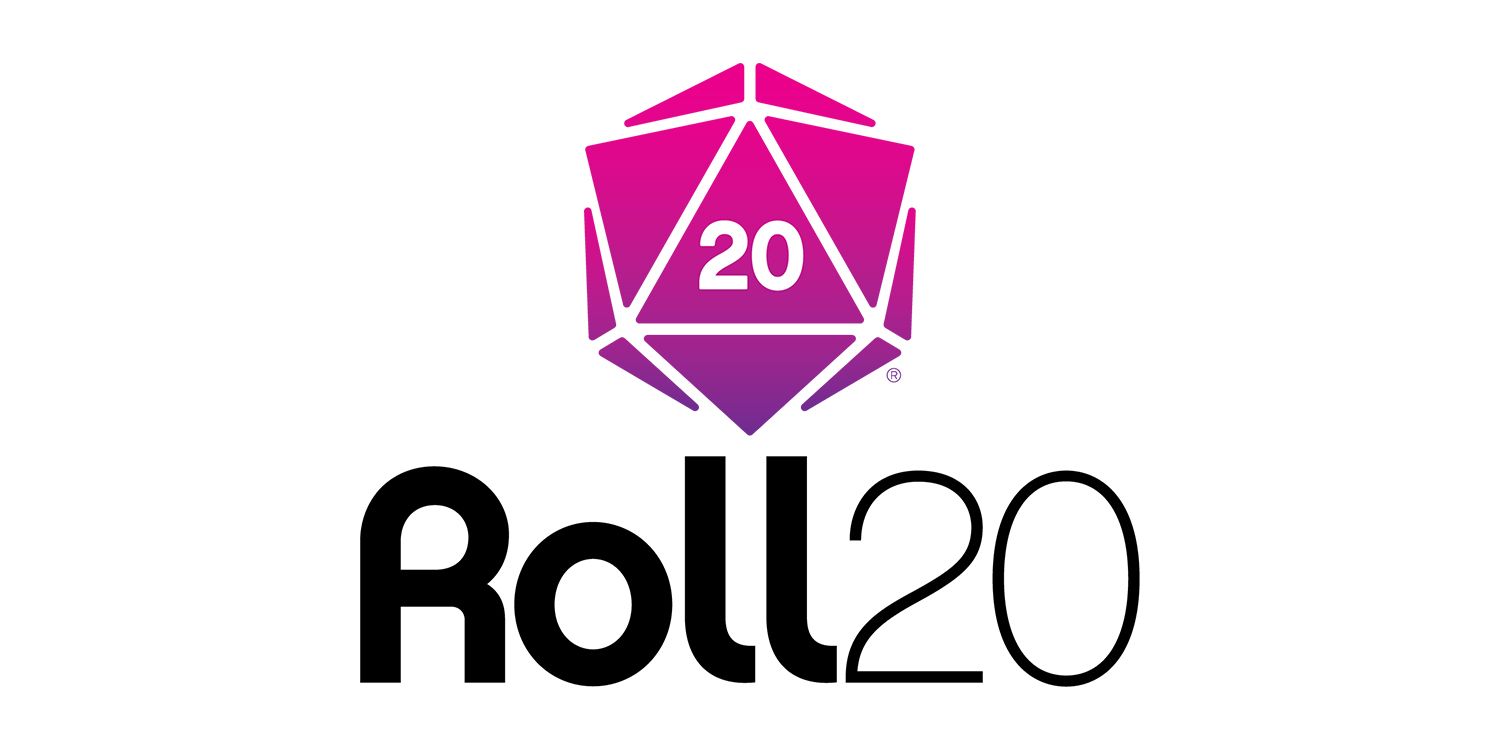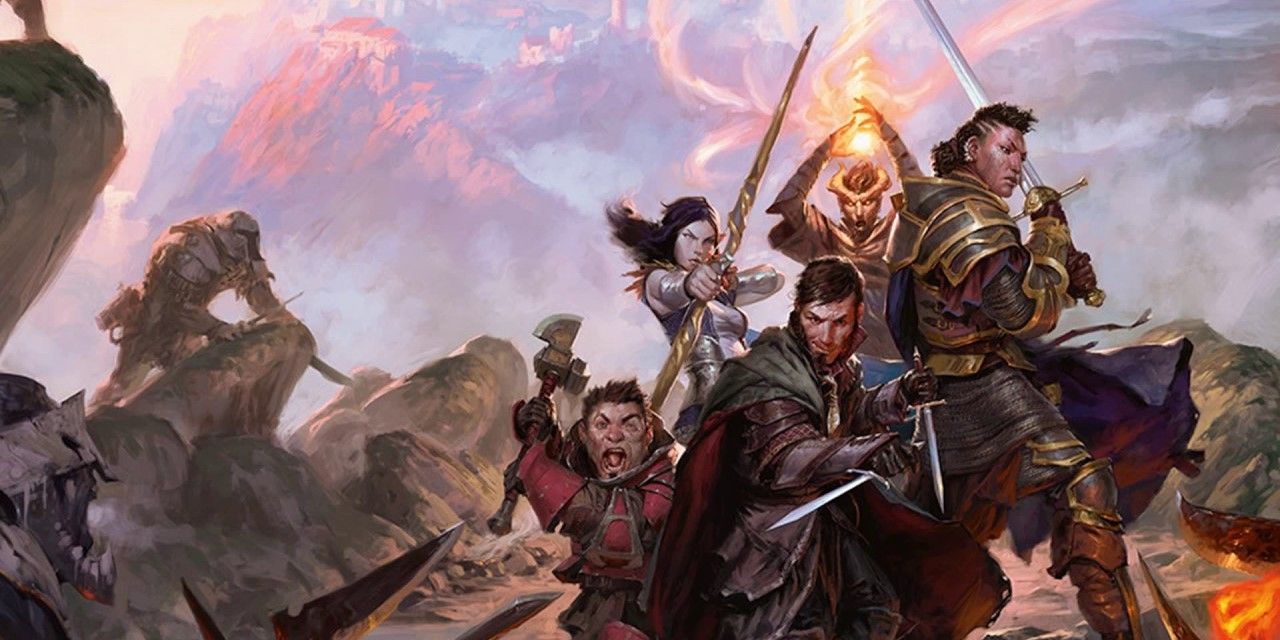Dungeons & Dragons has seen a resurgence in recent years thanks to the success of the current Fifth Edition and the rise of actual play shows like Critical Role. New players are trying the RPG for the first time, and the game has never been more accessible. This is due in large part to the development of online tools which make running and playing D&D much simpler. Two of the most popular services available are D&D Beyond and Roll20.
Both serve different functions (with some overlap) and can be used in tandem, but a gaming group may only need to use one over the other. Here's a breakdown of both to help determine which best serves your group's needs.
D&D Beyond
This is Wizards of the Coast's official online service for D&D. It serves as a repository for all of Fifth Edition and primarily functions as a way to easily create and store characters online, as it does all the math for you. It also allows you to search for a specific rule through the compendium rather than flipping through a dozen books. It allows DMs to create campaigns, which players can join with their generated characters, and lets the DM store preplanned encounters for upcoming sessions. Recently, D&D Beyond has added a digital dice rolling function, which is a great tool for new players who don’t feel like investing money in physical dice yet.
Access to material beyond the basic rules, sourcebooks and adventures must be purchased through the site. Books are sold in bundles or à la carte, giving members the flexibility to pick and choose what material they need. D&D Beyond also has tools for incorporating and sharing homebrew creations with the community and maintains an active forum.
D&D Beyond has three tiers of service plans to suit an individual's needs. To start, there is the Free Tier -- the best option for new players who just want to see what D&D is about. The Free Tier grants members access to the basic rules and the ability to create and join campaigns. Free Tier is limited to six character slots, eight encounter slots and does contain ads.
Next is the Hero Tier, which is recommended for players who have committed to D&D and are frequent players. Hero Tier costs $25.99 yearly or $2.99 monthly. With it, all ads are removed and players have unlimited character and encounter slots. In addition, Hero Tier grants early access to new tools that get added to the ever-expanding service.
Finally, there is the Master Tier, which is recommended only for DMs and absolute D&D die-hards. It costs $54.99 yearly or $5.99 monthly. It provides all the same privileges as Hero Tier with one powerful exception -- content sharing. Master Tier subscribers may share any purchased marketplace content for up to five campaigns, with a twelve player cap on each. In plain terms, this means one person with a Master Tier account can share access to all of their purchased materials with up to sixty people. This is a fantastic option and allows even Free Tier members a chance to see the full depth of D&D.
Roll20
Roll20 is a different beast. Primarily, it is a Virtual Tabletop (VTT for short), and while it's not the only one out there, but it is the most prominent. A VTT allows for a D&D game to be played completely online. It's main function is to serve as an online game map, replacing the miniatures and grid paper with tokens and rendered maps. But Roll20 also provides integrated audio and video chat functions in an attempt to provide as comprehensive an experience as possible.
Like D&D Beyond, Roll20 only grants free access to the basic rules, and any additional sourcebooks or adventures must be purchased separately. The marketplace also sells material not made by Wizards of the Coast. Content creators can upload their own tokens, map tiles, pre-written adventures and more for members to purchase. Roll20 also has a "Looking For Group" service to help players and DMs find new people to play with.
Roll20 is also comprised of three subscription tiers. The Free Tier contains advertisements, 100 MB upload storage, a 2 limit on LFG listings and the ability to share purchased content with one campaign of up to five players. It's the best option for new players but is not recommended for DMs due to its limited access to Roll20's more advanced features.
The Plus Tier costs $49.99 yearly or $4.16 monthly. At this level, subscribers are granted 3 GB of storage, no ads, the ability to transfer characters between campaigns and unlimited LFG listings. In addition, the Plus Tier allows compendium sharing across three campaigns of up to ten players. Most importantly, it grants access to Roll20's powerful dynamic lighting system, which allows DMs to create map boundaries and immersive lighting effects.
Roll20's Pro Tier is recommended for hardcore DMs and content creators for Roll20's marketplace. It costs $99.99 yearly or $8.33 monthly. Storage is increased to 6 GB, compendium sharing is enabled for five campaigns of up to fifteen people and Pro members' LFG postings are highlighted. The main bonus for the Pro account is the ability to create custom character sheet templates, gain access to community-supported API tools and features as well as the Dev Server, where Roll20's new features are available for testing.
Which Serves Your Group Best?
D&D Beyond and Roll20 are both powerful, comprehensive tools, but they are not the same. If your group is looking for an accessible online encyclopedia and repository for their characters then D&D Beyond is the right service for you. However, if your group is looking to play completely online, Roll20 is the better choice since, unlike Beyond, it is primarily a virtual replacement for maps and miniatures. D&D Beyond has a friendlier interface in regards to finding and sorting through the multitude of supplements, but it cannot serve as a replacement tabletop.
Of course, D&D Beyond and Roll20 are not mutually exclusive. Many online groups use both, with Roll20 doing its main job as a virtual tabletop and D&D Beyond serving as a more comprehensive way to lookup rules. In fact, there is a third-party extension called Beyond20 that allows the two services to interact. With Beyond20, a player can click on an attack or skill on their Beyond character sheet and have it roll on Roll20's tabletop. The Beyond20 extension is a boon for DMs, as it quickly allows them to add in new monsters without having to set up a new character sheet or tokens. No matter which route a group goes, D&D Beyond and Roll20 both offer invaluable services that make D&D easier than ever before.




